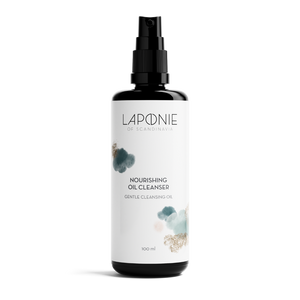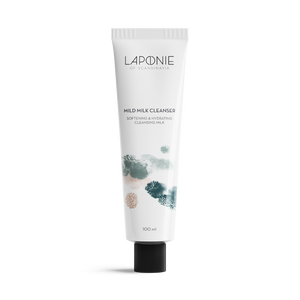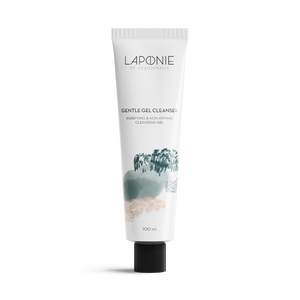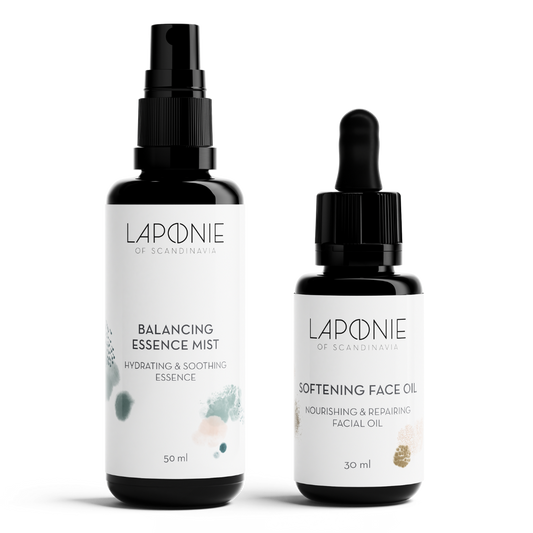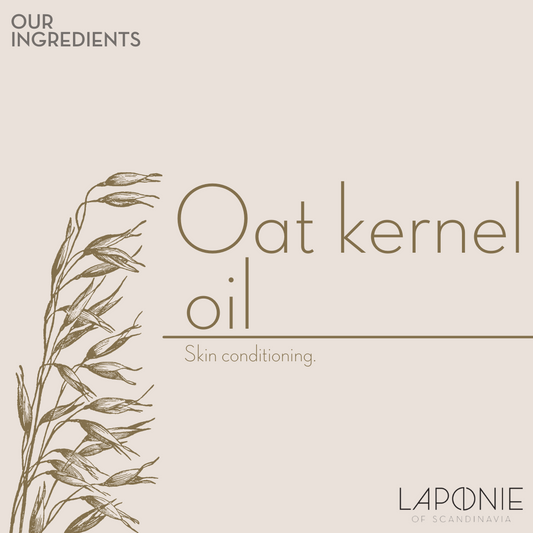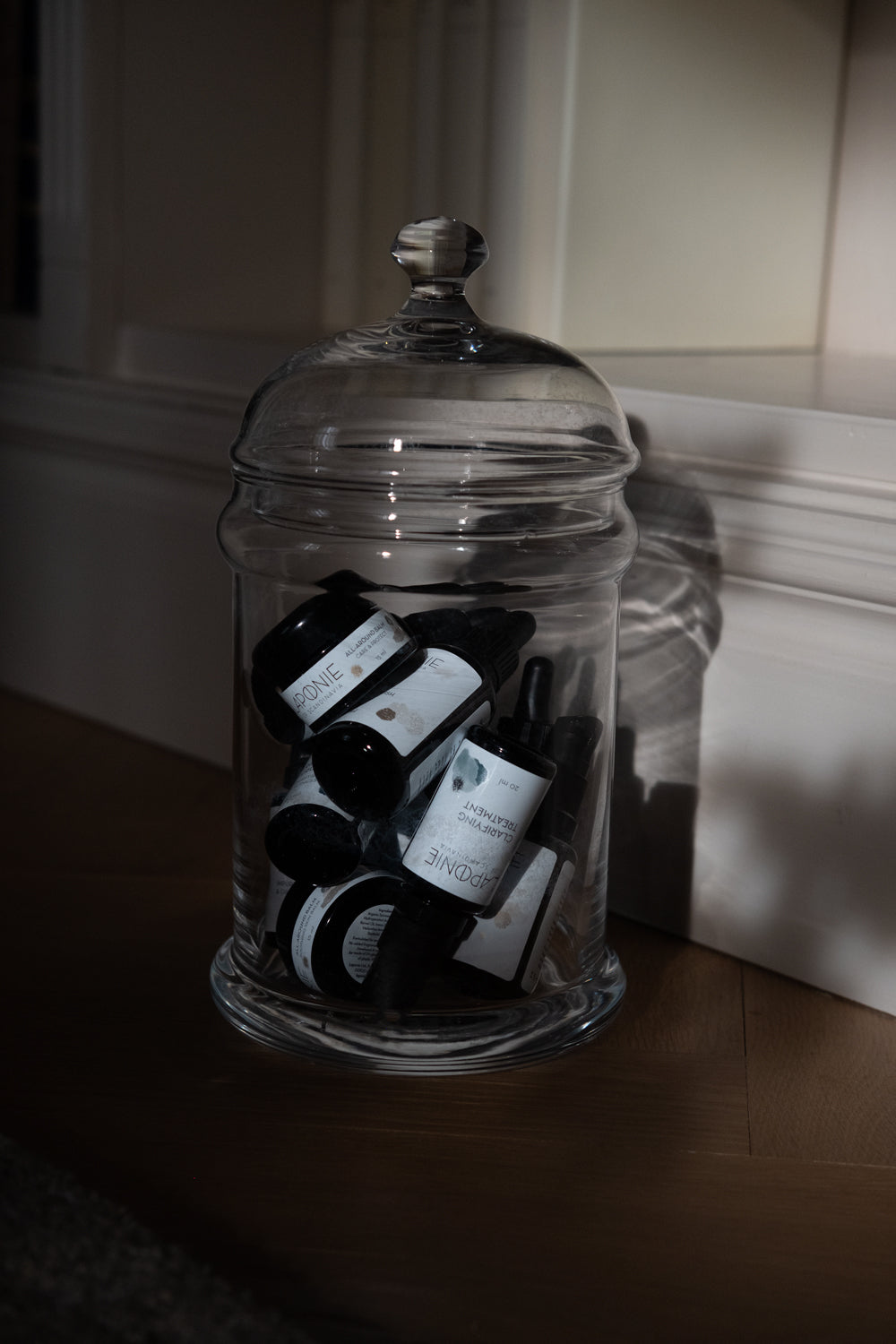1. Using oil on your face clogs pores
For many people with clog prone skin, the comedogenicity of an oil will depend a lot on its fatty acid profile, specifically the ratio between oleic and linoleic acid. While oils high in oleic acid, such as olive oil, can be great for when skin is dry but not prone to congestion, these oils are usually not beneficial for acne prone skin - studies indicate that acne prone skin is in fact deficient in linoleic acid, and so using an oil high in linoleic acid, e.g. rosehip oil, can improve the appearance of acneic skin. For many, the ideal base oil will be an oil which is more or less balanced in terms of oleic versus linoleic acid.
2. Using oil on your face makes your skin oily
Skin actually needs oil to keep it protected and to prevent water-loss. This is why the sebaceous glands in our skin produce sebum to begin with, to essentially water- and weatherproof skin. In terms of oils in skincare, there are a number that balance out oil production, i.e. in a sense making oily skin less oily. A face oil can also be an excellent protectant for especially winter-time when cold weather and indoor heating dry out the skin; when skin gets dehydrated, it will react by producing more oil, making skin more oily. Again, it's all about which oil you use. Pay attention to the fatty acid profile of the oil of your choice.
3. You can’t use a facial oil under makeup
Using a suitable amount of the right kind of oil before makeup can help prep and prime the skin in the same way as a traditional cream or lotion. Some oils are thick and do not absorb easily, but a readily absorbed oil will work very well under makeup. Pure oil also has the advantage of never 'rolling' under foundation. And for oilier skin, the trick is to use only a drop or two and gently pat onto your face and then let absorb for a minute. In general, go for oils that are light and easily absorbed, but still leave a nourished feel to the skin.
